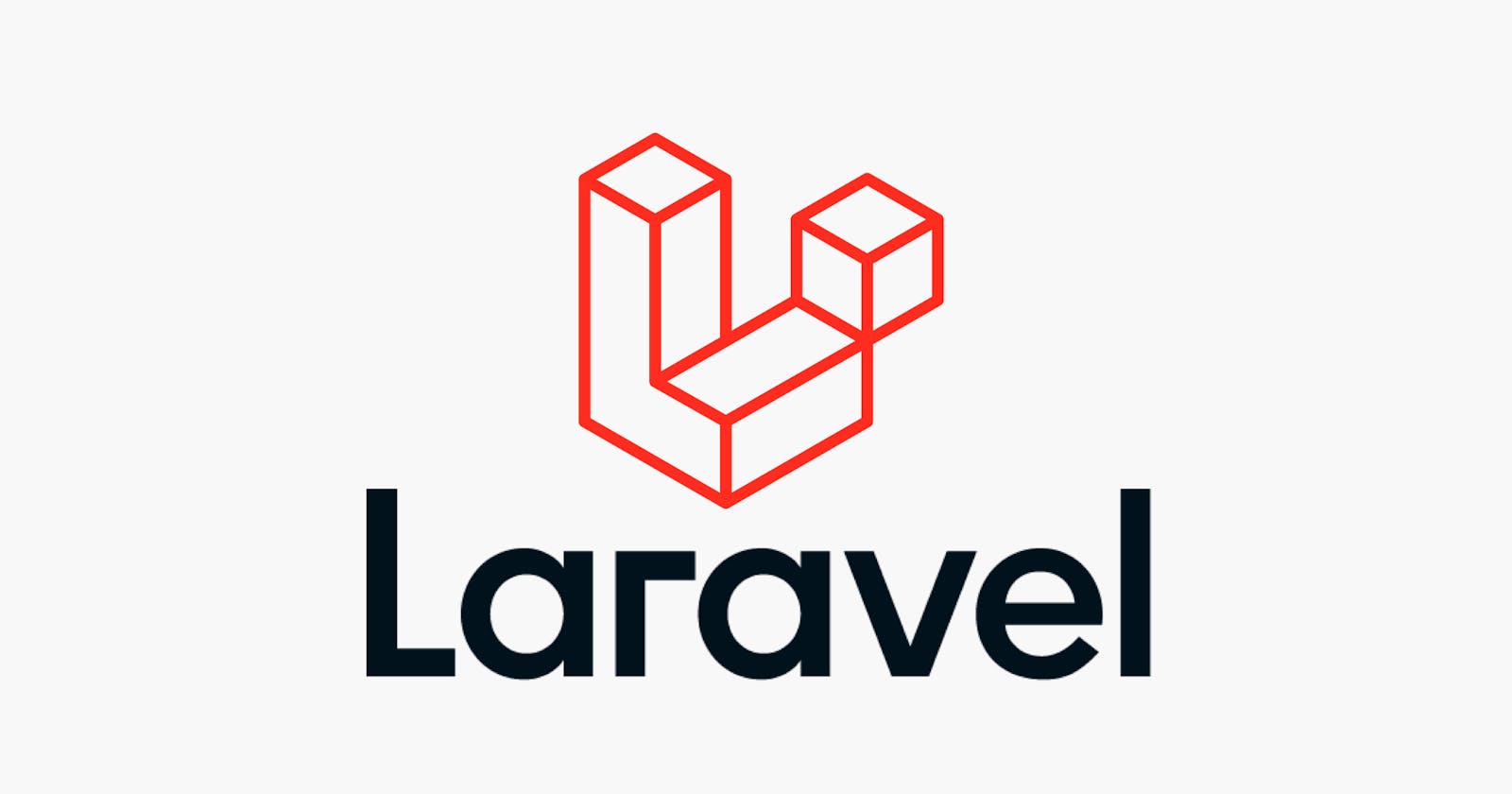If you are a web developer, you have likely heard of the Model-View-Controller (MVC) architecture. MVC is a design pattern that separates the components of a web application into three distinct parts: the model, the view, and the controller. This separation of concerns allows for a more modular and scalable design, as well as facilitating collaboration and code reusability.
One popular framework for implementing the MVC architecture is Laravel. Laravel is a free, open-source PHP web framework that is designed to make web development faster and easier. It provides a range of tools and features that make it easy to build and maintain web applications using the MVC architecture.
In Laravel, the model component is responsible for managing and storing the data used by the application. This typically involves defining data structures and interactions with a database, as well as implementing any business logic or rules for working with the data. The view component is responsible for rendering the user interface of the application, including the presentation of data and the handling of user input. The controller component sits between the model and the view, and is responsible for handling user requests and interactions, as well as coordinating the model and the view to produce the desired outcome.
One of the key advantages of using Laravel for MVC web development is its rich ecosystem of libraries and packages. Laravel provides a range of built-in tools and features that make it easy to implement common web development tasks, such as routing, authentication, and caching. Additionally, Laravel's powerful query builder and Eloquent ORM make it easy to interact with databases and perform complex data operations.
Overall, Laravel is a powerful and popular framework for implementing the MVC architecture in web development. Its rich set of tools and features make it easy to build and maintain web applications using the MVC pattern, and its modular design allows for easy code reusability and collaboration. Whether you are new to web development or an experienced programmer, Laravel is a valuable resource for building effective and scalable web applications using the MVC architecture.
